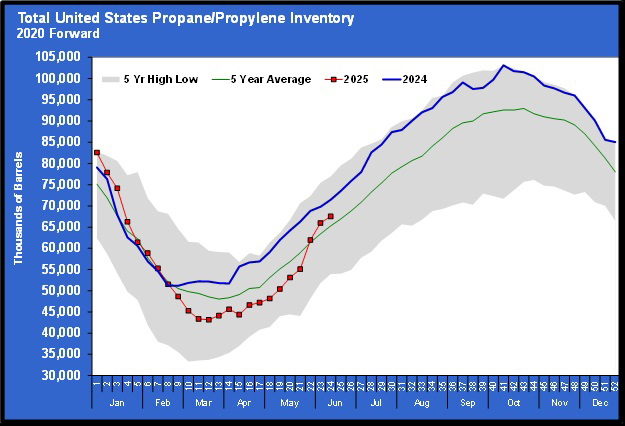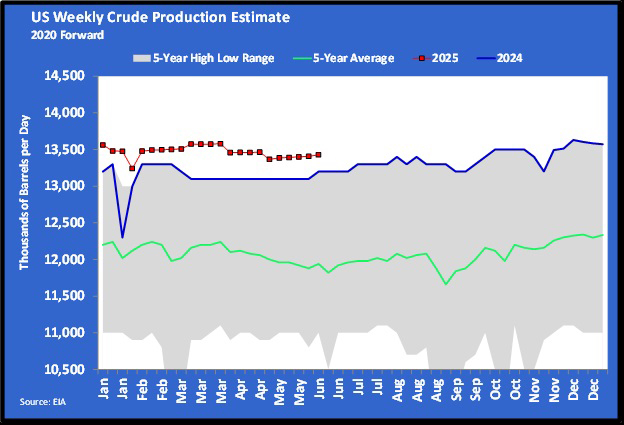The hard work of change
The No. 1 effort for gallon growth by marketers, as listed in the recent National Propane Gas Association strategic plan survey, is through acquiring customers from competitors, or simply put, customer churn. While not surprising in a mature market industry such as ours, it is startling when writ-large in bold print and is a disappointing default given the opportunities and necessity for our industry’s gallon growth efforts.
With our continued, though slowed, loss of historic (residential) gallons, the hard work of building and not just swapping gallons requires the hard work of change; change which requires a commitment to engaging all manner of opportunities that achieve a significant domestic 12-month demand of propane consumption.
Whether that hard work for change and commitment is in the form of securing new-found gallons through autogas, water heaters or off-peak-seasonal consumption opportunities from such items as irrigation engines, concrete screeds or lawn/landscape equipment, that return on investment is far reaching and is arguably far greater than the current effort’s singular revenue/profit ratio return. Customer swapping does nothing for domestic gallon growth. It has considerable lack of bottom-line punch, as the applied labor and asset cost of customer churn dollars are of immediate mitigated net value and suspect long-term capture risk.
The work of change in a mature industry such as ours requires no less than the hard work of our industry’s pioneers. The commitment to grow through full-fuel-cycle initiatives needs discussion at every marketer’s immediate planning sessions. Never, more than any time in our industry’s recent history, have 12-month propane consumption opportunities been so readily available to drive production and infrastructure growth. Subsequently, domestic product-volumes give promise to greater price stability.
It is perhaps one of the most worn out clichés, but if we continue to remain absent at the full-fuel-cycle table, our growth and domestic product production is certainly going to remain as a menu item for international export consumption by foreign interest who, to our peril, will continue exploiting our current resistance to change.
Jim Olson is a territory manager for Westmor Industries’ truck-trailer division and autogas initiatives.
















